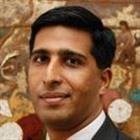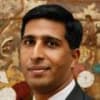commentary Commentary
Commentary: Challenging racism starts in the family
The associations children make about people different from themselves are based on cues they pick up from trusted adults around them, say the Institute of Policy Studies’ Mathew Mathews and Shane Pereira.
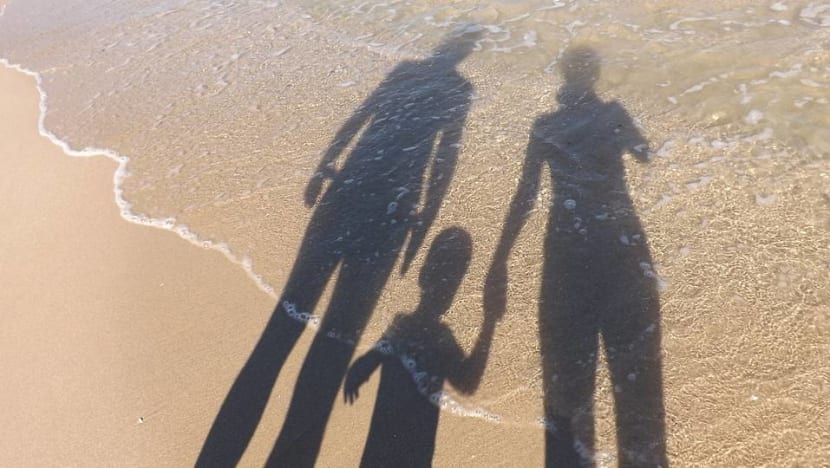
A couple and their child at the seaside. (Photo: Pixabay)
SINGAPORE: Parliament passed enhanced legislation recently to preserve religious harmony in Singapore, adding to the safeguards that seek to maintain racial and religious peace here.
Such legislative provisions have proved important in maintaining the delicate boundaries of racial and religious coexistence.
They have saved Singaporeans perhaps from the more overt and violent forms of racism that have occurred, and still occur, elsewhere in the world.
In fact, substantial effort has been channelled into sustaining social harmony. Whether through policies to ensure public housing is racially integrated or through regulations on offensive speech, the Government has been active in attempts to create a harmonious society.
READ: Concerns raised about separation of religion and politics, foreign influence under MRHA
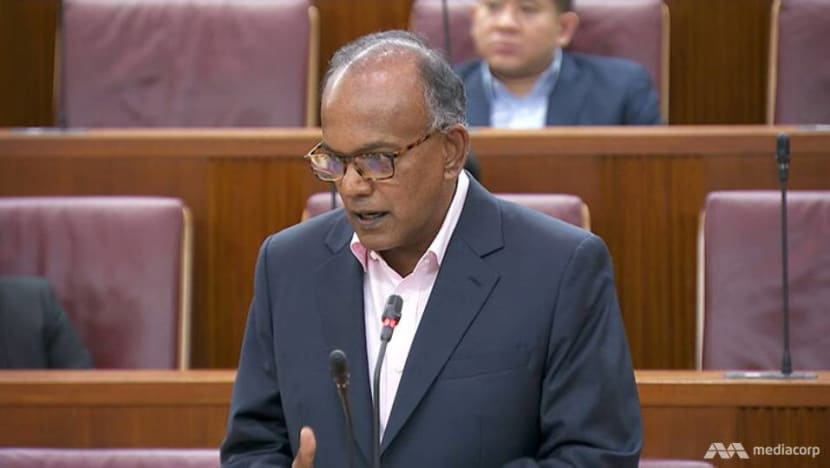
GO BEYOND LAWS
However, these laws alone are not sufficient in securing the future of a racially and religiously harmonious society. This is especially so if we aspire to a harmony that is not merely the absence of racial or religious violence but also the removal of prejudice, stereotypes, bigotry, discrimination and cultural insensitivity from society.
Government leaders seem cognisant of this fact. Speaking at a recent dialogue on race held at the Asian Civilisations Museum, Home Affairs and Law Minister K Shanmugam suggested that “to achieve real, true racial harmony, we need to go beyond the Government”.
READ: Racism in Singapore, relevance of SAP schools among topics raised at dialogue on race
Echoing this, in her speech in Parliament on the debate on the amendments to the Maintenance of Religious Harmony Act, Minister for Culture, Community and Youth Grace Fu highlighted:
At a more fundamental level, we cannot legislate to remove irrational fears and stereotypes, nor to accept that a set of different beliefs can coexist with ours.
In other words, the truly harmonious society to which we aspire requires individuals and the community to play an active role in sustaining racial and religious harmony in our everyday lives.
What happens in the family is crucial in this regard. We, the authors, can attest to it from our own experiences as parents.
CHILDREN PICK UP CUES ON RACE
Studies show from as early as pre-school, children display cognitive awareness of racial differences, and begin showing signs of racial prejudice. They exclude their peers of different races from play and other activities.
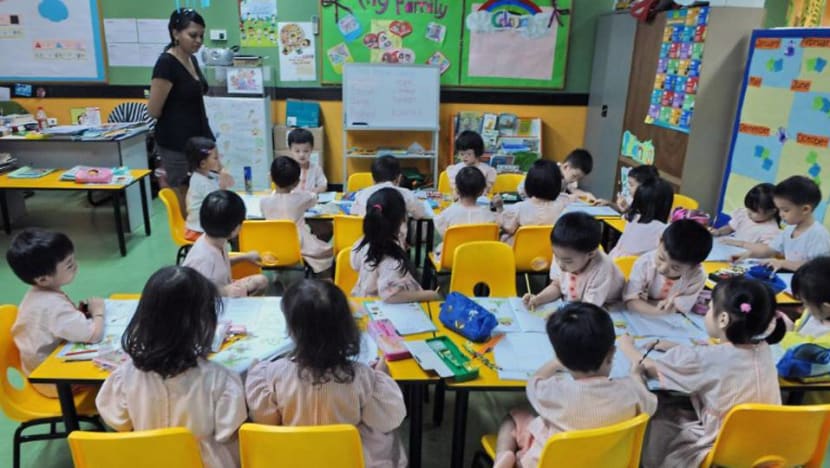
This awareness is the result of the child’s socialisation in various environments which exposes them to social differences through encounters with people of different races, genders, religions and customs.
The positive or negative associations children make about people different from themselves are based on cues they pick up from peers and trusted adults around them.
TEACHING KIDS TO BE CULTURALLY SENSITIVE
What can parents and other caregivers do to prevent children from taking to the path of racism inadvertently? It is certainly not by encouraging “colour-blindness”, where there is a denial of difference.
Rather, the more productive approach would be to employ personal strategies that make it easier for children to treat difference as being normal.
For example, parents can help their children identify the different cultural traditions that abound in the Singapore space.
They can reinforce the value of this diversity and point out that while traditions and beliefs can be different, and sometimes irk their own sensibilities, they are valuable because they contribute to the diversity that makes Singapore special.
Many traditions in Singapore symbolise community aspirations of being well, and of respecting family and forebears.
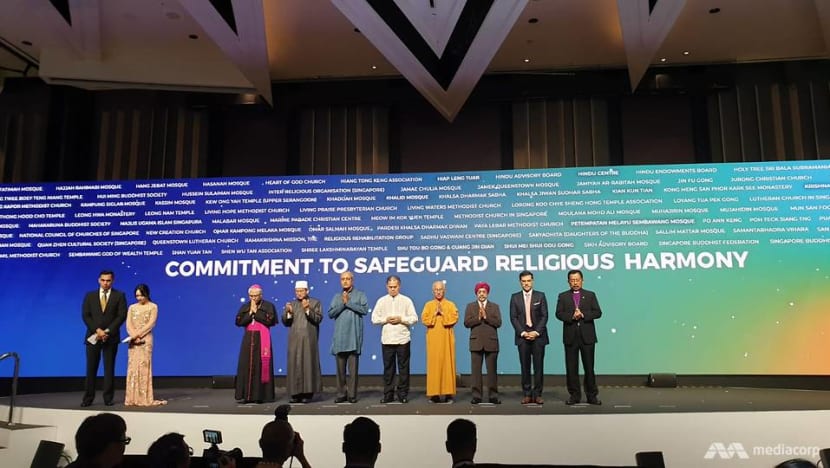
This of course requires a degree of cultural literacy on the part of parents as they need to be aware of good intentions and aspirations reflected in these diverse cultural practices.
It is precisely this literacy they must acquire if they are to socialise their children into becoming contributors of the multicultural harmony we have today and want to enhance looking ahead.
READ: Commentary: Maintaining racial harmony requires us to have a frank discussion about differences
An attempt to understand the diversity of traditions, people and groups here does not have to be merely academic.
Given the diversity of the population, there are many opportunities for families to not only identify groups from a distance but to actively participate, engage in and celebrate our multicultural space.
The upcoming Deepavali festivities are just one of the many possible cultural celebrations where parents can intentionally expose their children to the flavours of ethnic cuisine, and the beauty and meanings of ethnic art forms such as kolam drawings (floor decorations traditionally made of coloured flour).
READ: Commentary: Open homes to friends of other religions and cultures
This is important, as interethnic understanding has important implications for social solidarity.
For instance, an Institute of Policy Studies (IPS) paper analysing a 2017 nationwide survey on community responses after a terrorist attack revealed that those who had at least some interactions with people from other communities and attended their cultural celebrations, were less likely to be phobic of a group they associate wrongly with terror activities.
DISCUSSING UNCOMFORTABLE TRUTHS
Parents and caregivers can help children recognise there are “bad things” out there, such as racism, and talk to them about these uncomfortable truths.
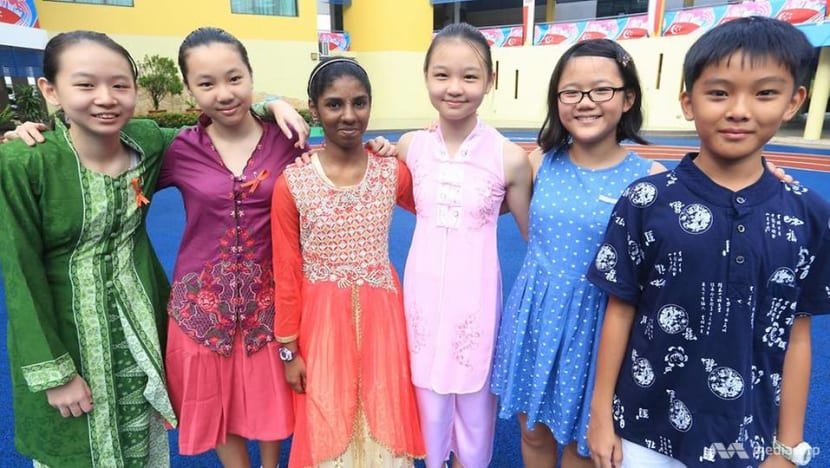
This endeavour is an uphill climb requiring constant, deliberate effort. Even as we spend time dispelling stereotypes our children sometimes mouth, it does not prevent them from being exposed to racist ideas elsewhere.
This is certainly something that parents in Singapore recognise.
A CNA-IPS survey on race relations conducted in 2016 found that more than 90 per cent of Singaporeans interviewed believed children should be educated about issues related to race, particularly why racism is bad for society and about what those of other races found offensive.
Unfortunately, less than 60 per cent of parents actually have had open discussions with their children on these issues.
Perhaps this has to do with the general discomfort some parents might feel in broaching such sensitive topics. The fear of saying the wrong thing keeps people from informing their children better.
LOOKING TO SCHOOLS
In fact, parents might look to the school system to help inculcate such cultural literacy or imbue in children the principles and values related to racial and religious harmony.
Interestingly, around 50 per cent of parents with primary-school-going children surveyed in the IPS Survey of Parents and Education in 2016 believed more emphasis should be placed on the teaching of racial and religious harmony.
READ: Commentary: How should Singapore teachers manage issues of race in the classroom?
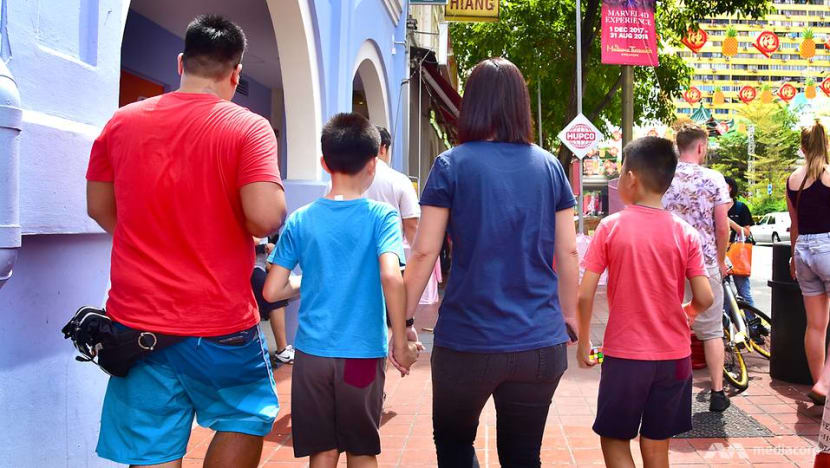
This was more than those who wanted greater emphasis on IT skills, current affairs, science and Mother Tongue languages.
While schools certainly are an important conduit for inter-cultural education, they in no way can replace the most trusted and constant figures that children have found in their families.
Without appropriate guidance and open discussion with parents and caregivers from an early age, there is a high risk of unchallenged prejudiced attitudes being entrenched into adulthood.
This means of course that parents themselves have to shed their prejudices and lead by example.
Mathew Mathews is Head, Social Lab, and Senior Research Fellow at the Institute of Policy Studies, National University of Singapore. Shane Pereira is a Research Associate at the Institute of Policy Studies.









